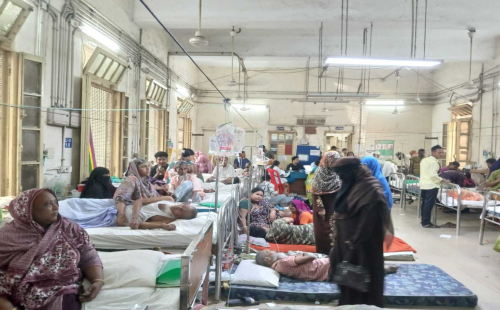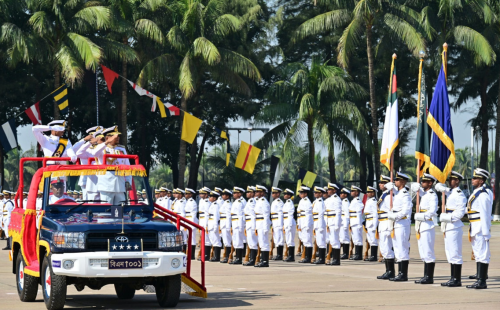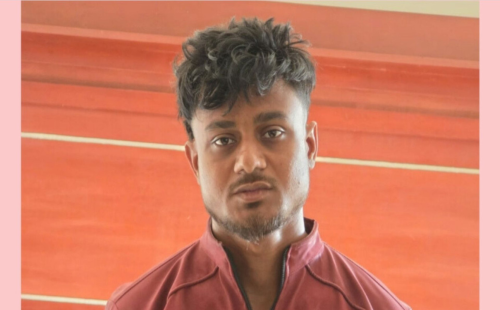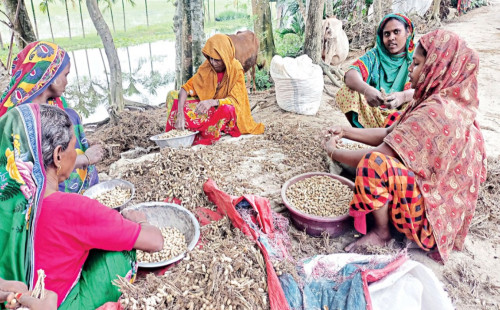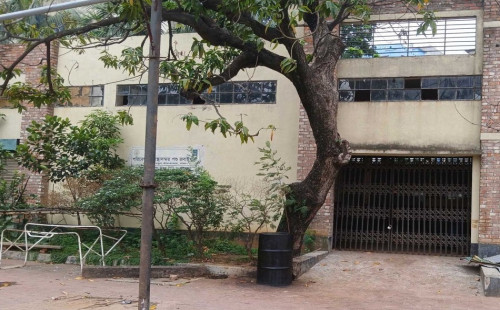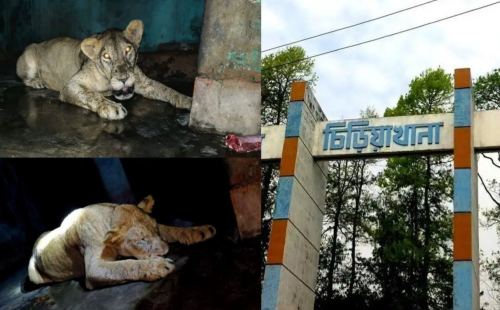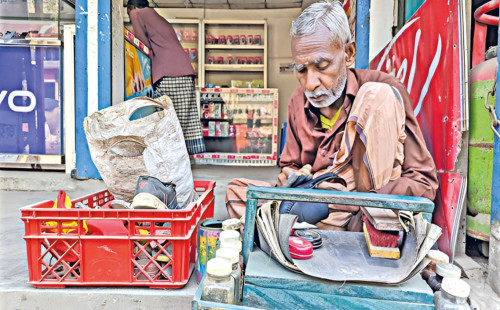People Power
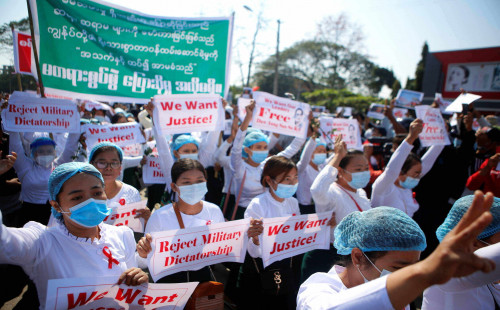
People Power does not always succeed in
achieving its objectives. But even in the moment when it collapses, it leaves
behind the crucial message that manifest injustice must be resisted, that men
and women who instead of providing enlightened leadership remain busy tending
to their political tribes must be given the message that they do not matter,
that they have become irrelevant, that they must give way.
That is the essence of People Power. It is
often the power of the people, as demonstrated in the restive streets of
overcrowded towns and cities of the underdeveloped world which holds out hope
for nations. If in the West regular democratic elections inform us that the
people have spoken, in the world’s less fortunate regions the message comes in
a different form of packaging -- the people are speaking out, loud and clear,
in their daily marches through the streets and alleys of their sad countries.
When people pour out on to the streets, it is
an acknowledgement on their part that a society has turned hollow from within,
that the institutions of the state are in disrepair, that leadership has
mutated into an entrenched class, that the republic has been commandeered by
plutocracy and autocracy masquerading as the voices of democracy.
That is the message we hear in Moscow, in
other cities around the world. Alexei Navalny may not emerge into freedom for a
long time. Vladimir Putin may hang on to authoritarian power for years, but he
will not sleep well.
Those demonstrations on the streets of Moscow
and elsewhere are a loud protest against the illegitimacy of power. Whether it
is Russia or Belarus or any other place on this blighted earth we call home,
every time people step out of their homes and gather as a critical mass on the
streets in defiance of the power of the state, it is a loud denunciation of
political illegitimacy, of elections stolen, of opposition suppressed, of
leadership conspicuous by its absence, of rule of law gone fugitive.
People Power is that point in time when every
chink of hope gets blocked by despair, when every door to transparency gets
slammed shut, when desperation forces good men and women into taking charge of
destiny, when citizens arise to reclaim their countries. It is what we see on
the streets of Myanmar today.
Those doctors, nurses, teachers, and students
are the people. In the absence of leaders, they have made it known that people
can on their own organize resistance to corruption, in all its diverse forms.
Perhaps this resistance to the illegitimacy of power we observe in Myanmar
today will be silenced through a demonstration of the naked brutality that has
been the hallmark of authoritarianism everywhere.
The bigger truth is that Myanmar’s people have
shown without ambiguity that the men who have seized their country do not
frighten them anymore. That is the essence of People Power, that ability on the
part of the masses to overcome fear and confront the morally and politically
degenerate.
When people rush out on to the streets of
societies made destitute by deprivation, it is a protest against the vast,
cumulative kleptocracy that has cast a dark shadow over the country. People
Power moves through energy generated within it as it goes along.
It marches on, as it did in Indonesia,
flinging Suharto from power. It threw out Ferdinand Marcos when he attempted a
power grab in the Philippines despite losing an election. The fury with which
people occupy the streets and squares is not to be trifled with. Zine el
Abidine Ali in Tunisia grasped that truth and fled to Saudi Arabia.
People Power was what defined Tahrir Square in
Cairo and Shapla Chattar in Dhaka. Back in 1989, it was a lone young man,
representative of his generation, who stood in defiance of a moving tank in
Tiananmen Square in Beijing, to be crushed under it. People Power brought down
Nicolae Ceausescu in Romania.
The power of the people shakes the world, but
there are those dark moments when People Power succumbs to greater brutality
exercised by those it seeks to run out of town. Burma 1988 is the horror story
we go back to. Ne Win’s disrespect for his people could well be repeated, in
new form, by Min Aung Hlaing.
People Power in South Asia drove Ayub Khan
from his fortress in 1969; it pushed out Hussein Muhammad Ershad and his
autocratic regime in 1990. The power of Reza Shah Pahlavi -- embodied by his
army and police and his Savak -- did not withstand the power of Iranians who
would not go back home from the streets until they saw the back of their
arrogant monarch in 1979. They were avenging the humiliation of Mohammad
Mosaddegh in 1953.
There are compelling reasons why people rise
in protest around the world. They are exasperated with governments that no more
speak for them; they see institutions breaking down day after day; they observe
the political opposition pushed into increasing levels of emasculation; they
are witness to an unabashed growth of cronyism in and around the corridors of
power; they do not any more hear the media speak for them, for journalism has
been intimidated by laws prohibiting free expression or does not see what it
ought to see; they see the corrupt turning rich, the honest elbowed aside by
thieves and brigands; they see societies shepherded into eerie silence by the
powers that be.
When those who can make a difference huddle in
fear and will not challenge the illegitimacy of power, it is a nation which
comes forth, out of the slums and out of homes where the lights have gone out,
where food is not on the table, where hungry children cry themselves to sleep,
to chart a course to a future for itself. It might succeed in reaching that
goal. It might get cut down halfway in its march.
Either way, it makes its point -- that people
matter; that good and honest and educated and principled leadership matters;
that history matters; that when governments turn strangers to their people,
civil disobedience matters.
Syed Badrul Ahsan is a journalist and
biographer.
Source: Dhaka Tribune

